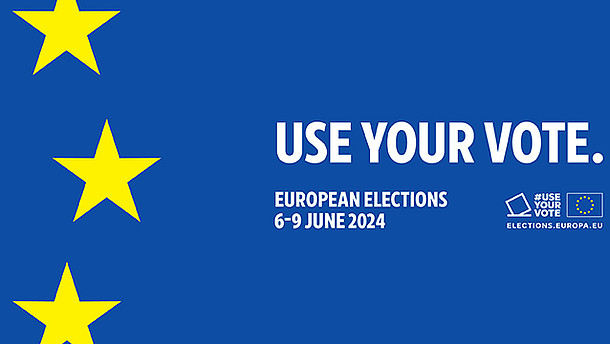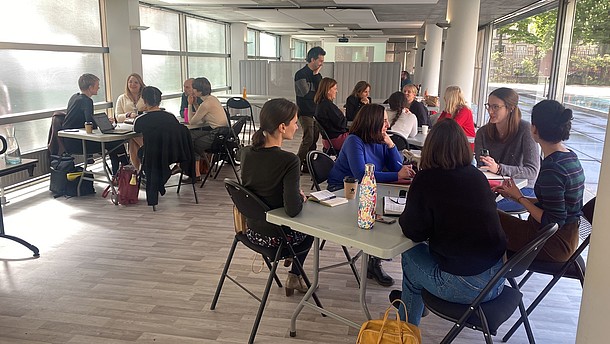The conference language is English. Paper proposals from both museum professionals and academic researchers are welcomed. The Estonian National Museum dedicates its conference to the relevance of contemporary museums, looking for the formula to the ‘good museum’, delivering exceptional quality to the public.
The social relevance of the museum is intertwined with public trust. They are among the most trusted institutions, addressing important issues of the current era.
Access to, and the transparency of, the organisation are also relevant: public trust is essentially about providing access. Relevance is a basic quality of audience development and relationship building, present in all core museum functions. A number of other significant aspects contributing to the relevance and quality of the museum, which we see as worth discussing on the occasion of the 60th annual conference, are:
- Museums are perceived as spaces where one can spend leisurely and educational time, but are they also expected to be public and civic spaces, meeting places for people of all ages?
- Is it more important that museums tackle burning social issues and ethical questions, or are they more relevant as places that first and foremost promoting the well-being of their audiences?
- How should museums best serve both those who want museums to take a stand for social issues, and those who are perhaps uncomfortable about being confronted with sensitive or political subjects?
- Should museums take some risks in order to perpetuate the myth that the knowledge they present is objective? What is the status of scientific knowledge production at museums and does this knowledge contribute to the relevance of the museum?
- In order to remain relevant, do collections need more openness and collective contributions, or should they be thoroughly framed and secured by the established boundaries of scientific disciplines to increase the value and potential of knowledge protection?
- Should museums have an environmental conscience and a commitment to sustainability?
- What kinds of approach have you applied in your museum practice to finding relevance? How do you know whether you have been successful or have failed? How do you find out what is missing?
- Is there a difference between success and relevance?




